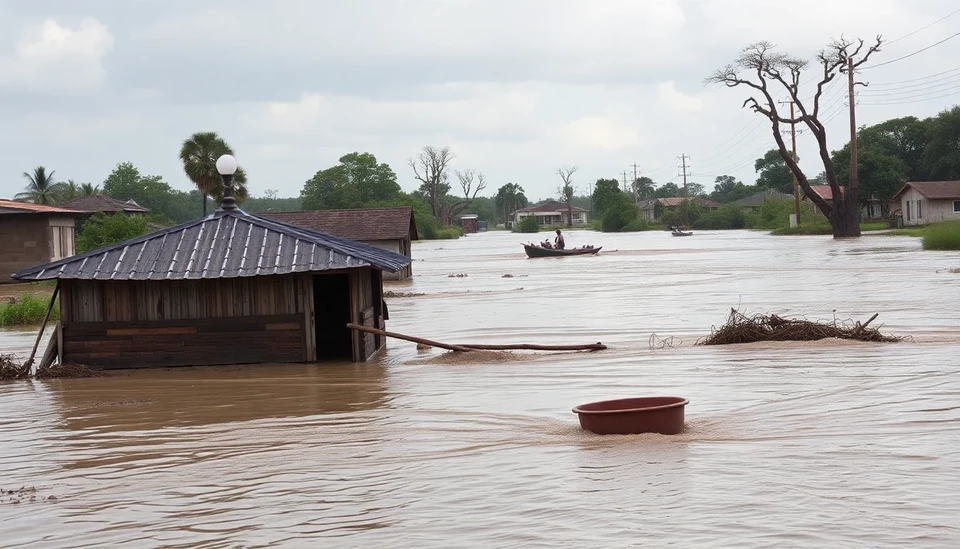
In a tragic turn of events, recent floods across Africa have led to the devastating loss of more than 1,000 lives, marking a grim chapter in the ongoing struggle against climate change. The unprecedented flooding, exacerbated by shifting weather patterns, has wreaked havoc on communities, displacing thousands and causing extensive damage to infrastructure and agriculture.
Many regions that were once resilient to such extreme weather are now increasingly vulnerable due to rising sea levels and erratic rainfall. This disaster serves as a stark reminder of the pressing global issue of climate change and its disproportionate impact on vulnerable populations in developing countries. The intergovernmental body, the United Nations, continues to warn that without immediate and concerted action, such devastating events could become commonplace in the years to come.
The recent floods have particularly affected countries in East and West Africa, where heavy rains have led to overflowing rivers and extensive urban flooding. In some areas, entire neighborhoods were submerged, forcing residents to flee their homes. Local governments have struggled to respond effectively, hampered by a lack of resources and preparedness for such severe climatic disturbances.
This spike in natural disasters is consistent with scientific predictions linking climate change to more extreme weather patterns, including increased rainfall in some areas and droughts in others. Experts emphasize that climate-driven displacement is set to become a pervasive crisis, with millions of people affected by climate-related events in the coming years.
In response to the devastation, humanitarian organizations have launched appeal campaigns to provide immediate relief to affected communities, including food, clean water, and medical assistance. However, the scale of the disaster poses significant challenges for relief efforts, as logistical hurdles and ongoing weather disturbances complicate rescue operations.
As we reflect on this catastrophic event, it becomes imperative for global leaders to unite in addressing climate change more decisively. The time for action is critical—investment in sustainable infrastructure, disaster preparedness, and climate resilience strategies are essential to mitigate the effects of future calamities.
As these tragic floods underline, the fight against climate change is not just an environmental issue but a humanitarian one that demands urgent attention and cooperation from all corners of the globe.
In conclusion, this significant loss of life serves as a crucial wake-up call for nations worldwide. The urgency to combat climate change is greater than ever, and we must act swiftly to safeguard our future and protect the most vulnerable communities worldwide.
#ClimateChange #AfricaFloods #NaturalDisaster #HumanitarianCrisis #SustainableFuture
Author: Sophie Bennett




